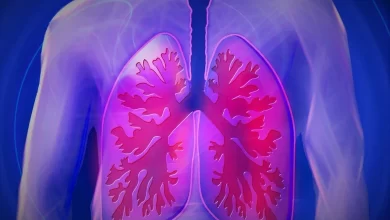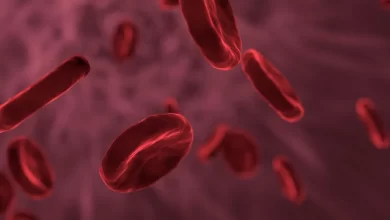The stomach is a muscular organ that is located on the upper left side of the abdomen. Food enters the stomach from the esophagus. When food reaches the esophagus’s end, it enters the stomach via a muscular valve known as the lower esophageal sphincter. It secretes acids and enzymes that aid in the digestion of food. The stomach contains hydrochloric acid, which is produced by stomach cells. The acid also kills bacteria in the food, which is a beneficial side effect. However, its primary function is to aid the activity of proteases, which are protein-digesting enzymes. In general, the food in the stomach is squeezed, churned, and mixed.
- There are four main parts of the stomach: the cardia, fundus, body, and pylorus. The is the point where the esophagus (food pipe) connects to the stomach and through which food passes into the stomach.
- Your stomach has hydrochloric acid that is used to digest your food, but if you spill it onto your skin, it will burn your skin.
- The stomach produces mucous to protect itself from the acid. When someone dies and the mucous stops, the acid starts to dissolve the stomach.
- The gastric acid in our stomach is so powerful that it is able to eat away an iron table in just 5 minutes.
- The human stomach can hold up to 4 liters (7 pints) of partly digested food. A cow’s stomach can hold ten times as much – enough to fill a whole bathtub!
- Every two weeks, the human stomach produces a new layer of mucous lining; if this lining is not produced, the stomach will digest itself.
- The lining of a person’s stomach is replaced every 36 hours.
- It takes about three hours for food to be broken down in the human stomach.
- It takes the stomach an hour to break down cow milk.
- The esophagus or food pipe, which is the passage for the food we eat to the stomach, is approximately 25cm long.
- On average, our stomach holds about 2 liters of food.
- When we blush, our stomach lining also reddens.
- Your stomach has about 35 million digestive glands.
- The stomach can break down goat’s milk faster than the milk of a cow.
- The enzyme in the stomach that breaks down alcohol is produced less in men than in women.
- The food will get into the stomach even if one stands on its head.
- Every three days, a human stomach gets a new lining.
- Burping or belching is the act of expelling gas from the stomach through the mouth. It usually occurs after the stomach has expanded due to too much-swallowed air. Burping releases the air. Swallowing air into the stomach can cause a bloated feeling, a swollen abdomen, and stomachache, accompanied by burping.
- Our stomach remains pretty much of the same size. Our stomach is 12 inches long, and at its widest point, it’s about 6 inches across.






